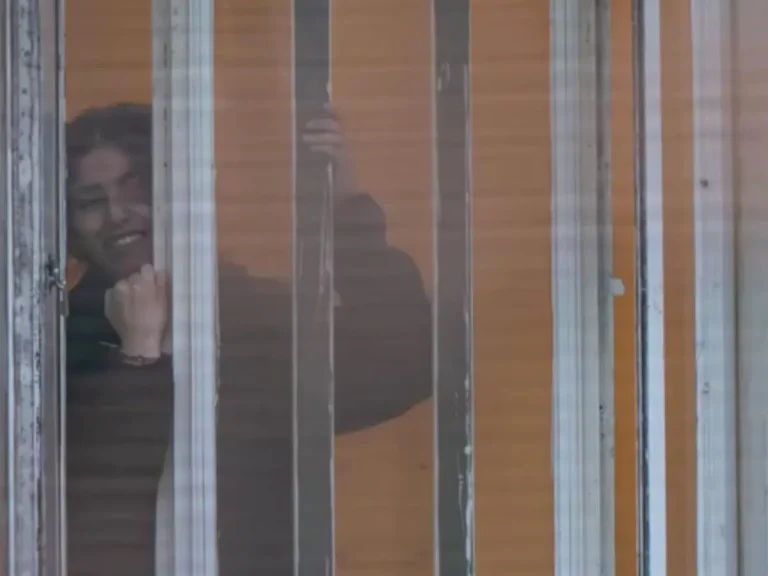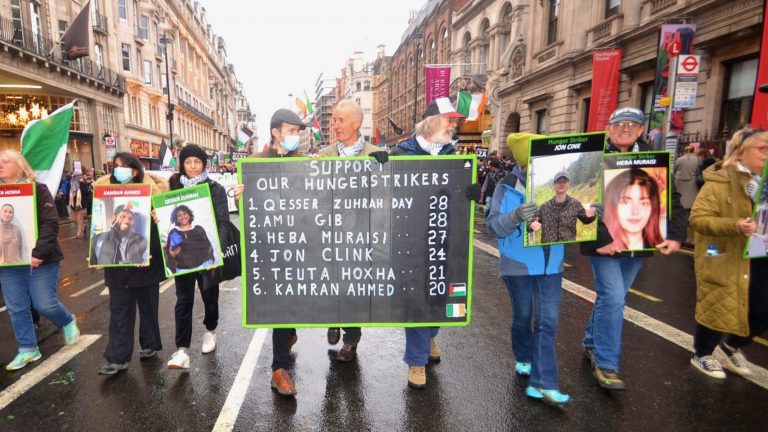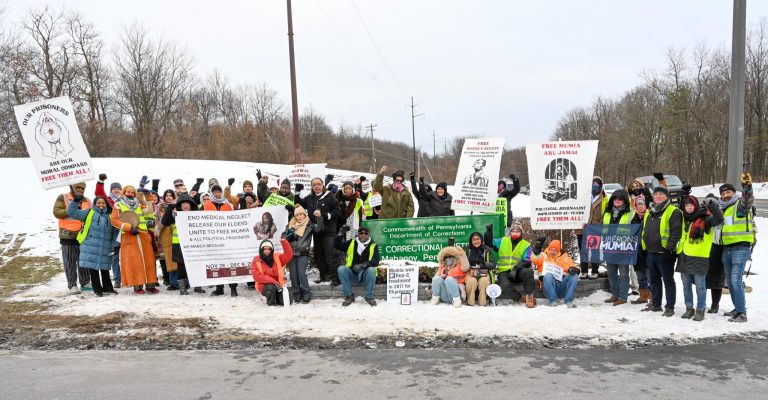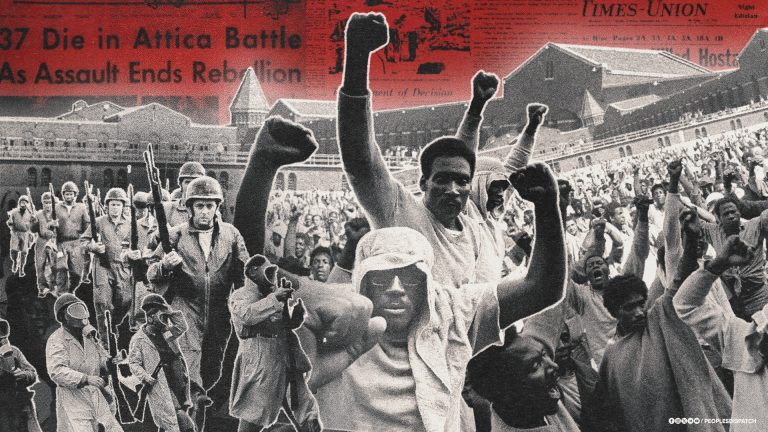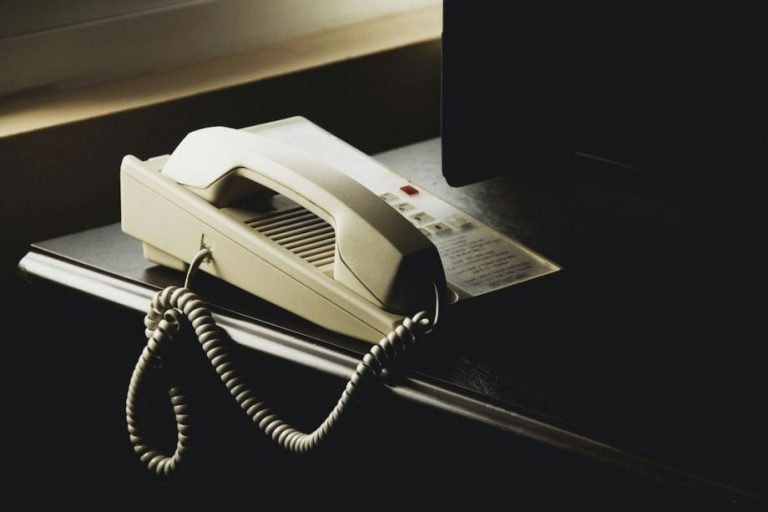Hunger Striker Loses Ability To Stand As Strike Hits Day 55
Prisoners for Palestine have announced that hunger striker T Hoxha has lost the ability to stand. Hunger striker Heba Muraisi, meanwhile, is losing the ability to speak. The hunger strikers have endured 18 months in prison without trial. As a consequence of this and other instances of alleged mistreatment, they recently launched legal action against justice secretary David Lammy. Notably, these activists were imprisoned before the government proscribed Palestine Action as a terrorist organisation.

